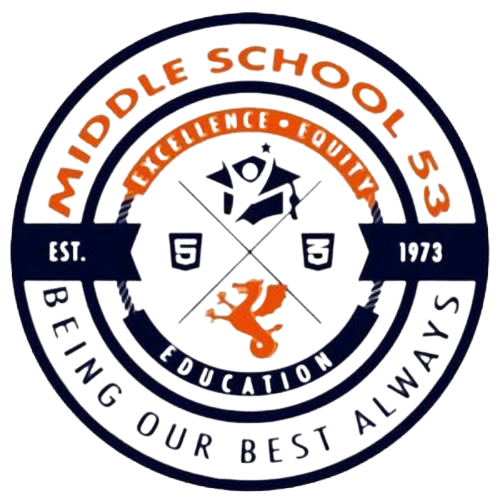
M.S. 53
Curriculum
Our Core Curriculum
The core curriculum of Middle School 53 is shaped by the New York City and State Framework for grades 6-8. Within the structure of our classes, there is differentiation, enrichment and/or acceleration across all subject areas. A unique combination of teaching styles guides our diverse learners in the development of higher-level thinking skills.
Our curriculum builds on fundamentals to promote a hands-on, discovery approach to learning. Children work both independently and in groups on projects that stimulate their powers of logic and imagination. Creative problem solving, divergent thinking, research, and self-evaluation are emphasized in each classroom, in tandem with more traditional skills. At the same time, our children are assisted in developing essential social skills; sensitivity to and respect for others, effective communication and self-esteem. Guiding them are highly qualified and talented educators whose awareness of the needs of diverse learners inspires teaching that is both dynamic and nurturing.
During the beginning of the 2019-20 school year, we re-codified our 6-8 Grading Policy.
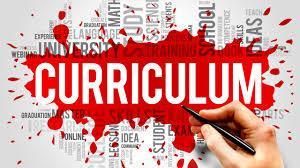

English Language Arts
Learn More
English Language Arts
Our English Language Arts Curriculum Reading and writers’ workshops are presented within the New York State curriculum guidelines. Read-aloud, accountable talk and analysis of stories are some of the components stressed within the literary program.
Throughout their grade 6-8 years, students read short stories, poetry, novels and classic works of literature as well as the works of modern writers. Creative writing projects include poetry, fiction, feature articles, comic books, persuasive essays, informational research and literary analysis.
MS 53 uses the Fountas and Pinnell Leveled Book system to match books to readers. Irene Fountas and Gay Su Pinnell are two Reading Recovery-trained experts who developed a tool creating a gradient of text, from easiest to most challenging, using levels A to Z. Our teachers assess students to see what their independent reading level is (this is a comfortable level, where students do not have to do much work as a reader in order to get a lot of meaning from the text), and also students’ instructional reading level for their work with the classroom teacher (this is a more difficult level where the demands of the text require teacher guidance and instruction). We also use diagnostic tools like MAP and Gates-McGinnitie to assess reading levels.
We also use the CoreReady LitLife curriculum in our classes. LitLife ensures joyful student learning while dramatically increasing literacy proficiency through interactive professional development, culturally responsive curriculum, and strategic organizational planning.

enVision Math
Learn More
envision math
Envision Math is a comprehensive K–8 mathematics curriculum developed by Savvas Learning Company.
It is designed to align with Common Core and other state standards in the U.S.
The program focuses on conceptual understanding, problem-solving, and visual learning.
Interactive digital resources support instruction in classrooms and at home.
Each topic is broken into focused lessons with real-world applications.
The curriculum includes engaging animations, videos, and virtual manipulatives.
It encourages students to think critically and explain their reasoning.
Assessments are built into each unit to monitor student progress.
Teachers benefit from detailed lesson plans and differentiated instruction tools.
Envision Math promotes collaboration through group activities and discussions.
It helps build a strong foundation in math from early grades through middle school.
The visual and interactive approach makes math more accessible and enjoyable for learners.
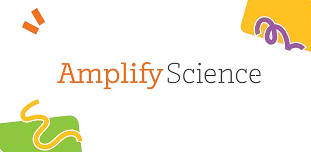
Amplify Science
Learn More
amplifyScience
Amplify Science is a research-based science curriculum for grades K–8.
It was developed in partnership with the Lawrence Hall of Science at UC Berkeley.
The program integrates hands-on activities, reading, writing, and digital simulations.
Students take on the roles of scientists and engineers to solve real-world problems.
It aligns with the Next Generation Science Standards (NGSS).
Each unit is driven by a central question or phenomenon to spark curiosity.
The curriculum encourages evidence-based reasoning and scientific argumentation.
Digital tools and multimedia resources support interactive learning.
Amplify Science promotes collaboration, inquiry, and critical thinking.
It combines literacy and science to strengthen both domains.
Teachers receive strong support through lesson plans and training materials.
The program prepares students to think and work like real scientists.
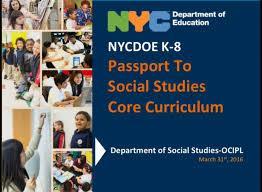
Passport to Social Studies
Learn More
NYCDOE K–8 Passport to Social Studies Core Curriculum
The NYCDOE Passport to Social Studies is a comprehensive K–8 curriculum.
It is developed by the New York City Department of Education.
The curriculum aligns with the New York State Social Studies Framework.
It promotes inquiry-based learning through essential questions and historical thinking.
Students engage with primary and secondary sources to build critical thinking skills.
The program focuses on civic responsibility, cultural awareness, and historical understanding.
Each grade includes units with teacher guides, student workbooks, and assessments.
Lessons are designed to be inclusive and reflective of diverse cultures and communities.
It supports literacy integration with social studies content.
Teachers are provided with professional development and instructional resources.
The curriculum prepares students to become active, informed citizens.
It fosters a deep understanding of history, geography, economics, and civics.
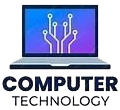
Computer Technology
Learn More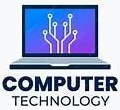
Computer Technology
Computer Technology refers to the design, development, and use of computer systems.
It plays a vital role in modern education, business, and communication.
The field includes hardware, software, networking, and cybersecurity.
Students learn programming, digital literacy, and problem-solving skills.
Computer technology powers innovations in artificial intelligence, robotics, and data science.
It enables global connectivity through the internet and cloud computing.
The curriculum often includes coding languages like Python, HTML, and Java.
Hands-on learning involves using laptops, coding platforms, and circuit kits.
It prepares learners for careers in IT, engineering, and digital media.
Technology helps automate tasks and improves efficiency across industries.
Understanding computer systems is essential in today’s digital world.
Computer Technology fosters creativity, logic, and innovation in learners.
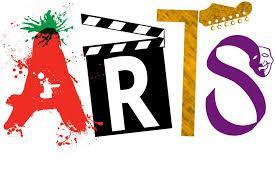
Passport to Social Studies
Learn More
Arts Education
Arts education nurtures creativity, imagination, and self-expression in students.
It includes disciplines such as visual arts, music, dance, theater, and media arts.
Each art form allows students to explore ideas, emotions, and cultures.
Through painting, drawing, or sculpture, students develop fine motor and design skills.
Drama and theater help build confidence, communication, and collaboration.
Music education enhances listening, rhythm, and emotional intelligence.
Dance encourages physical expression, coordination, and cultural appreciation.
Film and media arts combine storytelling with technology and critical thinking.
The arts support academic achievement and social-emotional growth.
They encourage students to think outside the box and embrace innovation.
Arts programs foster community, inclusivity, and diverse perspectives.
Creative learning through the arts prepares students for dynamic future careers.
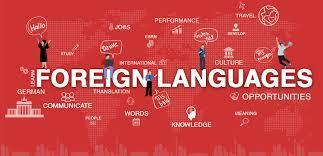
Foreign Language
Learn More
Foreign Languages
Learning foreign languages opens doors to global communication and understanding.
It enhances cognitive skills such as memory, problem-solving, and critical thinking.
Languages like Spanish, French, German, and Mandarin connect us to different cultures.
Students gain insight into international customs, traditions, and worldviews.
Bilingualism improves job opportunities in fields like business, diplomacy, and tourism.
Language learning promotes tolerance and appreciation for diversity.
It helps travelers navigate new countries with ease and confidence.
Translation and interpretation are key skills developed through language study.
Understanding another language builds empathy and global awareness.
Digital tools like apps and interactive lessons make learning fun and accessible.
Foreign language programs also support reading, writing, and listening skills.
Being multilingual is a valuable asset in today's interconnected world.
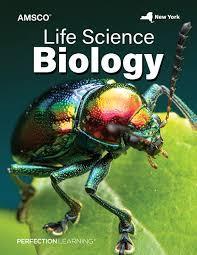
Life Science
Learn More
Life Science / Biology
Life Science, also known as Biology, is the study of living organisms and life processes.
It explores the structure, function, growth, and evolution of plants, animals, and microorganisms.
Students learn about cells, genetics, ecosystems, and biodiversity.
Biology helps us understand how the human body and other organisms function.
It connects to health, medicine, environmental science, and biotechnology.
Topics like photosynthesis, respiration, and reproduction are key foundations.
Observing life forms under a microscope deepens scientific inquiry and curiosity.
The subject encourages asking questions and investigating natural phenomena.
Learning biology fosters respect for living things and ecological balance.
It develops scientific reasoning and lab skills through experiments and analysis.
Biology prepares students for careers in healthcare, research, and conservation.
Life Science helps us make informed decisions about health and the environment.
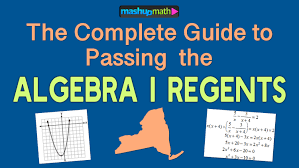
Algebra Regents
Learn More
Algebra I Regents
The Algebra I Regents is a standardized exam in New York State for high school students.
It assesses students’ understanding of key algebraic concepts and problem-solving skills.
Topics include linear equations, quadratic functions, exponents, and inequalities.
Students also study systems of equations, statistics, and polynomials.
Graphing, interpreting data, and modeling real-world problems are major components.
The exam is part of the requirement for earning a high school diploma in New York.
Preparing for the Regents involves practice, review, and understanding core concepts.
Study guides like Mashup Math help simplify complex problems for students.
Passing the exam demonstrates readiness for higher-level math courses.
It encourages logical thinking and algebraic reasoning.
Students often use calculators and reference sheets during the test.
Success on the Algebra I Regents builds confidence and academic achievement in math.
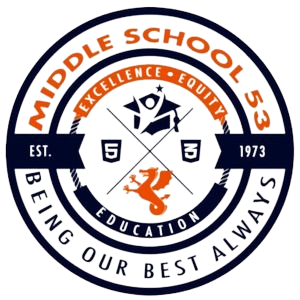




.png)
